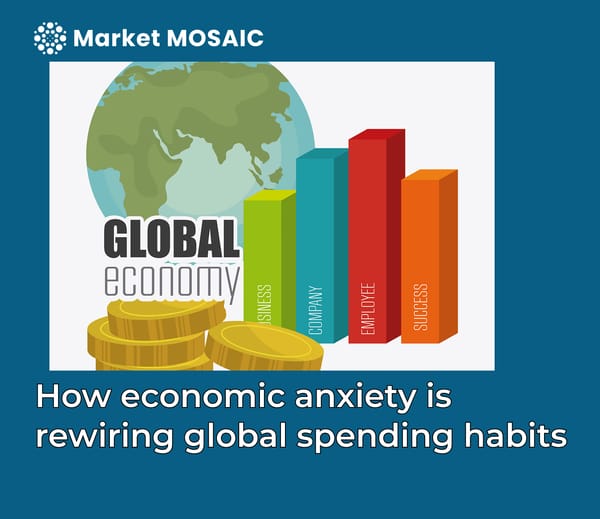Reinventing Supply Chains for Agility: Recommendations for Enterprises

Over the past half-decade, contingency after contingency has mercilessly exposed the fragility within modern global supply chains. Trade disputes, pandemics, forced labour controversies, environmental disasters, geopolitical conflicts – each crisis has progressively exacerbated the brittleness plaguing enterprise resource flows.
While disruptions are inevitable, the COVID-19 pandemic served as a prolonged real-time stress test on organizations' abilities to stay agile, map out sluggish bottlenecks, and reconfigure production capacities dynamically. The verdict? Most fared poorly, lacking the operational resiliency and integrated infrastructure needed to rapidly course-correct on critical resource pathways.
According to Resolve Solution Partners' research, supply chain disruptions depleted the average company's profits by a staggering 42% during the apex of global shutdowns in 2020. For enterprises moving essential health supplies, consumer goods and heavy industrial components globally, the cascading pileup of backorders and shortages exposed glaring inadequacies compared to competitors that pivoted adroitly.
As public and private sector leaders assess these vulnerabilities, reinventing supply chains for maximum agility through end-to-end digitization has become a strategic imperative. Organizations can no longer treat supply networks as back-office cost centers optimized for leanness but must architect them as real-time operational vectors steering products and capital to the most profitable opportunities.
By leveraging advanced analytics, AI, machine learning, distributed ledger capabilities and other software-powered technologies, enterprises can finally unlock the deep transparency, proactive monitoring, and autonomous adjustment mechanisms needed to create truly agile supply chains.
Establish a Cloud-Native Distributed Data Fabric
Organizations must consolidate internal transactional data streams across procurement, manufacturing, inventory, distribution, etc., into real-time cross-regional multi-cloud data meshes optimized for big data analytics. This centralized visibility eliminates siloes permeating most operation centres.
Digitize Asset Tracking & Real-Time Supply Monitoring
Investments in Internet of Things hardware, radio-frequency identification (RFID), GPS tracking and blockchain serialization solutions provide persistent location intelligence and unlock autonomous predictive routing/planning models.
Amplify Collaborative Intelligence Capabilities
Equipping all supply chain workstreams with advanced analytics, predictive forecasting, and AI-based autonomous planning engines synchronizes both upstream and downstream operations dynamically. Network resilience multiplies.
Implement Control Tower Management Platforms
Supply chain control towers leverage workflow automation, scenario modelling and smart algorithms to evaluate a single source of truth data across networks, then actively make suggestions or self-adjust to optimize flows.
Transition to a Distributed Order Management System
The rise of direct-to-consumer fulfilment and micro-segment demand patterns requires transitioning away from monolithic ERP platforms toward headless and API-driven order orchestration software optimized for real-time inventory/logistics management.
While no supply chain will ever exist in a volatility-free vacuum, operationalizing advanced digital technology stacks fosters the resilience, adaptiveness and intelligence required for enterprises to confidently navigate future crises. By continuing to optimize brittle linear processes with static data points, organizations are accepting an existential mandate for eventual failure amid our chaotic modern era.
Enterprises can only chart a reliable course for growth and consistently meet evolving customer demands by reinventing supply chains borne from sensors, automation, autonomous analytics, and always-on global monitoring. Embracing digitally-driven agility across resource streams is no longer optional but an imperative for survival.




